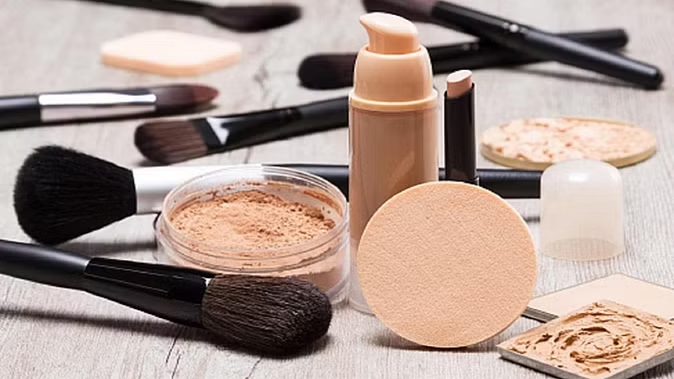Menstrual pain, also known as dysmenorrhea, can be uncomfortable and disruptive. Here are some remedies that may help alleviate menstrual pain:

-
Heat therapy: Applying heat to the lower abdomen can help relax the muscles and reduce cramping. Use a heating pad, hot water bottle, or take a warm bath or shower.
-
Over-the-counter pain relievers: Nonsteroidal anti-inflammatory drugs (NSAIDs), such as ibuprofen or naproxen, can help relieve menstrual pain by reducing inflammation and blocking pain signals. Always follow the recommended dosage instructions.
-
Herbal remedies: Some herbal remedies, such as chamomile tea, ginger tea, or cinnamon, may help reduce menstrual pain. These herbs have anti-inflammatory and antispasmodic properties that can provide relief. Consult with a healthcare professional before using herbal remedies, especially if you have any underlying health conditions or are taking medication.
-

-
Exercise: Engaging in regular physical activity, such as walking, jogging, or yoga, can help reduce menstrual pain by promoting blood flow, releasing endorphins (natural painkillers), and easing muscle tension.
-
Relaxation techniques: Stress and tension can exacerbate menstrual pain. Practicing relaxation techniques like deep breathing exercises, meditation, or taking time for yourself to engage in activities you enjoy can help reduce pain and discomfort.
-
Dietary changes: Consuming a balanced diet that includes plenty of fruits, vegetables, whole grains, and lean proteins can support overall health and may help reduce menstrual pain. Avoiding excessive caffeine, alcohol, and salt intake may also be beneficial.
-
Transcutaneous electrical nerve stimulation (TENS): TENS devices deliver low-voltage electrical currents through the skin, which may help block pain signals and provide relief from menstrual pain. Consult with a healthcare professional for guidance on how to use TENS safely and effectively.
-

It's important to note that if menstrual pain is severe, significantly impacting your daily life, or accompanied by other concerning symptoms, it's recommended to consult with a healthcare professional for a proper diagnosis and appropriate treatment.
(PC: Freepik)










